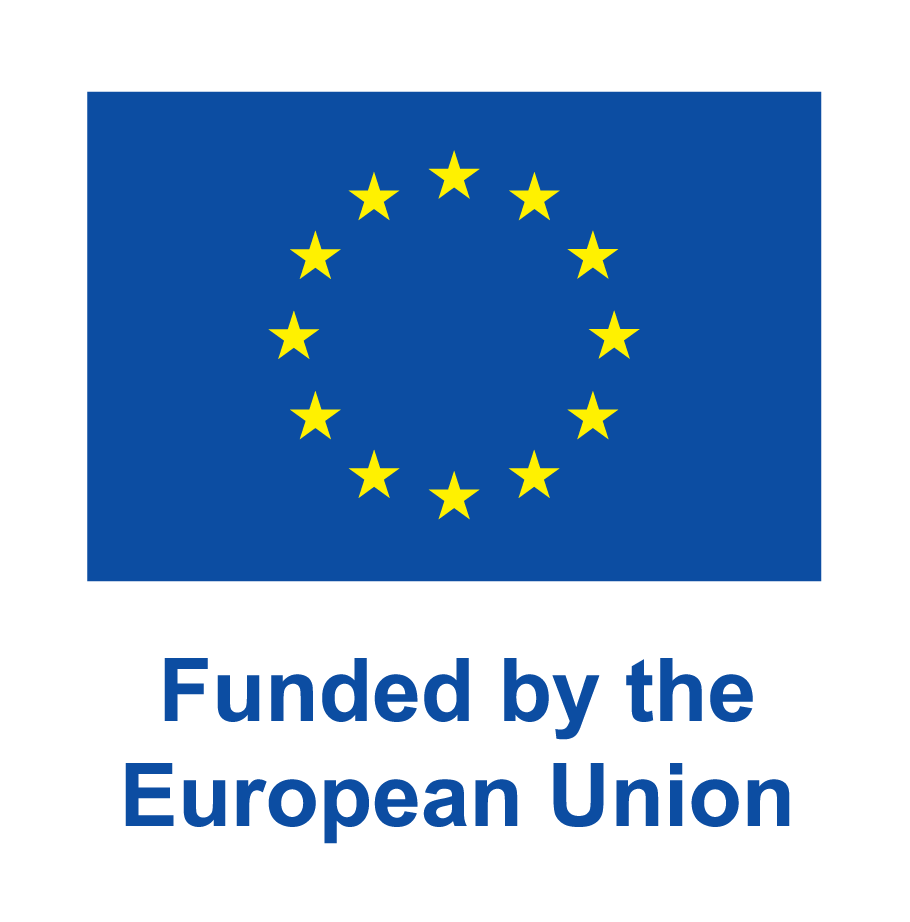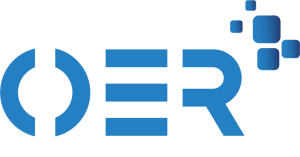OER-CODEX


The aim of the project is to develop OER course modules, conveying digital teaching and learning methods of online collaborative learning in a blended learning context for educators in higher education (HE), aiming to increase the capacity and readiness of HE institutions to manage an effective shift towards digital education.
| Project title: | Open Educational Resources for Collaborative Online & Distance Education and eXchange
(OER-CODEX) |
| Project No: | 2021-1-DE01-KA220-HED-000023196 |
| Project coordinator: | Technische Universitat Dresden, Germany |
| Contact person at VMU: | Assoc. prof. dr. Aušra Rutkienė, ausra.rutkiene@vdu.lt |
| Project run: | 36 months (28/02/2022–27/02/2025) |
| Project budget: | 324 285 EUR |
| Project page: | https://oer-codex.fh-krems.ac.at/ |
Project partners:
- Evro-sredozemska univerza, Slovenia
- Vytautas Magnus university, Lithuania
- Technische Universitat Dresden, Germany
- IMC Fachhochschule Krems, Austria
Project results: The OER-CODEX project results can be distinguished in three types:
- A methodology to develop OER courses is developed with all partners, which will be openly available for all educators, who already have experience in digital learning and teaching methods and also want to develop OER courses to further strengthen the use of digital tools and therefore shift towards digital education. Furthermore, this methodology includes a special aspect that in the developed course modules also exemplary OER content is created with educators as a core output, which itself will be OER and therefore readily available for all interested educators to be used freely.
- The developed course modules: All course modules are structured within the areas of the EU DigCompEdu framework and therefore are directly fitted to the objectives identified by the EU. As these modules are also aimed to increase the competency levels of educators form A1 (Newcomer) to B1 (Integrator), the educators will have the defined competencies after successfully completing the respective course.
- The OER output of selected course modules: As the course modules are designed to generate OER output collaboratively with the participants in the direction of the taught learning content, the piloting of these courses will generate OER output, which can be published as an OER as well. Furthermore, each time one of the course modules is taught, it will generate a different OER output and therefore increase the available variety of OER content for educators looking to engage in digital education and therefore developing digital readiness, resilience and capacity independent from institutional support. Higher Education Priority: Stimulating innovative learning and teaching practice As this consortium is a well-balanced mix of higher education institutions from 4 different nations, it is capable of engaging in interconnected higher education systems and with the designated OER content of course modules and generated OER output in these courses, we are developing the digital skills and competences of HE educators. As this is a concrete effort to foster virtual and blended learning by giving the educators the expertise and tools for digital education, we stimulate innovative learning and teaching practices in HE. Experienced educators are also giving a methodology with which they themselves can develop OER course modules for digital education. This also leads to a new impulse for the spread of digital education. Furthermore, we give the educators concrete exemplary OER content, which can be used freely from the start of their efforts to implement digital education. This gives the educators a concrete idea on which the further development of their own blended courses can be based.









